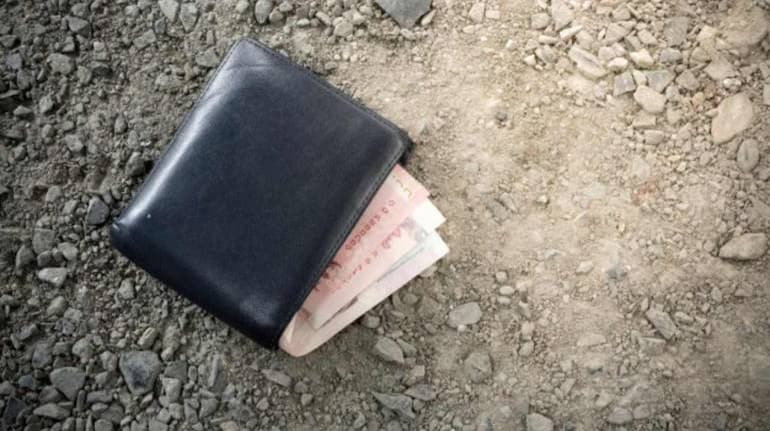



November 8, 2016 was the date when Prime Minister Narendra Modi declared demonetisation. At that time, the government was confident that it would positively impact the economy. Three years down the line, people have mixed reactions about it, a recent survey has revealed.
According to a survey by LocalCircles, about 32 percent of people think demonetisation has been responsible for loss of earnings for workers in unorganised sector. On the other hand, 28 percent respondents believe the note ban has had little negative effects.
Around 50,000 people from across India took part in the survey on the eve of the third anniversary of demonetisation.
Regarding the top benefit of demonetisation, 42 percent said it brought a large number of evaders in the tax net, while 25 percent felt the move had no benefits at all.
Around 21 percent respondents said note ban has reduced black money in the economy and 12 percent said it increased direct tax collections.
The government had on November 8, 2016 announced ban on old 500 and 1,000 rupee notes to curb black money in the system.
Of the Rs 15.41 lakh crore worth Rs 500 and Rs 1,000 notes in circulation on November 8, 2016, 99.3 percent or notes worth Rs 15.31 lakh crore returned to the banking system. Just Rs 10,720 crore of the junked currency did not return to the banking system.
After the note ban, old junked notes were allowed to be deposited in banks, with unusual deposits coming under income tax scrutiny.
(With inputs from PTI)
Discover the latest Business News, Sensex, and Nifty updates. Obtain Personal Finance insights, tax queries, and expert opinions on Moneycontrol or download the Moneycontrol App to stay updated!
Find the best of Al News in one place, specially curated for you every weekend.
Stay on top of the latest tech trends and biggest startup news.